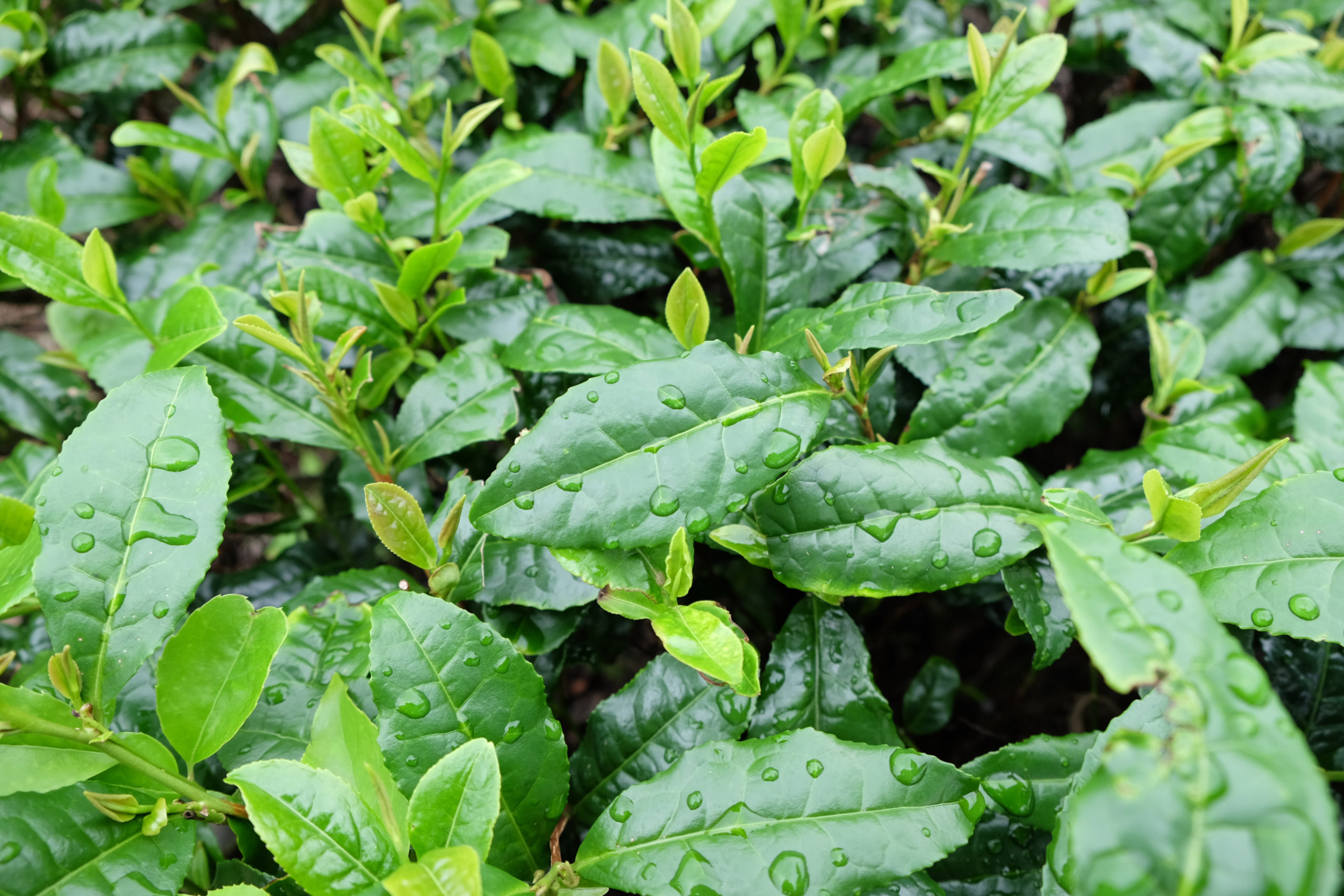Still in the middle of the pandemic, in July Japan got hit by another disaster – heavy rain and floods. The devastating effects were felt throughout Kyushu island and central Japan. Sadly, the disaster did not bypass tea and several tea farms in the south got damaged by floods and landslides.
The government of Japan is preparing a subsidies package for the affected areas, with a special focus on agriculture, including tea. A few private initiatives were launched to support the affected areas too, such as the pledge by a Japanese online shop to donate 50% of profits from the sales of Kyushu items (such as tea, seaweed and textiles) to the affected areas in Kyushu.
And in terms of the pandemic the tea sales continue to be sluggish. Itoen, the largest tea company in Japan, reported that the sales between February and April went down by 8.5%. Tea auctions both in Shizuoka and Kagoshima declared that the price for the second harvest tea was lower compared to last year. In Shizuoka it is estimated that the price per kilogram for summer tea went down by 10-15% from 609yen/kg in 2019. In Kagoshima the decrease is even steeper by 26% to 452yen/kg this year.
It is no surprise that the production of second harvest tea has decreased as well. In Shizuoka it is expected that the tea production amount has decreased by 20%-30% from 7,616t in 2019, and likely will be the lowest since 1953, when the first such data is available.
The declining demand and decreasing prices, have really pushed the tea farmers and other players in the industry to think about how to make the ends meet. Recognizing the potential of Hojicha, Fuji city in collaboration with a few young tea farmers, is starting a branding project of Fuji Hojicha as Japan’s No.1. In coordination with the prefectural government, 61 shops around Shizuoka prefecture also started sales of ocha kakigori – tea shaved ice, in hopes to draw more people to their shops and the local tea.
This month also saw the launch of many novel tea products, such as Matcha energy drink, ichibancha dashi – tea soup stock, Matcha instant noodles etc. Some tea companies started cross-industry collaboration – such as a teapot and tea caddy design with a famous Kyoto apparel company Sou Sou, or a use of a popular animation character on tea packaging and teaware.
There is also more focus on employing the health effects of catechins on various other products such as a tea pillow and yoga mat by Itoen or tea soap set by Gion Tsujiri. In Shizuoka there was even a ‘Gargle with Tea’ video contest that apparently received 200 entries. One of the more entertaining ones was a lady that gargled a melody while playing an ethnic string instrument.
Bigger tea events sadly continue to be cancelled. Uji town has cancelled its tea festival in November. Wazuka town followed suit, while also embarking on a new challenge of organizing a virtual festival in November. More news to follow.
*The article is based on the Japanese media articles:
61 stores across the prefecture offer unique shaved ice set, Mainichi Shimbun 2020.07.01
Two tastes in one Matcha green tea ramen, Japan Today 2020.07.02
Because of the corona virus Chagenkyo Festival will be replaced with a virtual festival, Mainichi Shimbun 2020.07.08
200 entries in the green tea gargle contest, Shizuoka Shimbun 2020.07.09
A trendy teapot by an Ujitawara tea house, Asahi Shimbun 2020.07.15
Matcha, Sencha, Hojicha tea soap, Sankei Shimbun 2020.07.15
‘Japan’s No.1 Hojicha’ first branding meeting in Fuji city, Mainichi Shimbun 2020.07.16
A branding study on Fuji Hojicha to become Japan’s No.1, Shizuoka Shimbun 2020.07.16
Strengthening the development of products using Itoen tea catechins, Sankei Shimbun 2020.07.16
Love live! Japanese tea time, Yomiuri Shimbun 2020.07.17
Uji Tea Festival cancelled because of the corona virus, Mainichi Shimbun 2020.07.17
Charity campaign to support areas in Kyushu affected by heavy rain, Sankei Shimbun 2020.07.17
Nibancha produced in the prefecture is expected to reach the lowest price with the lowest production, Chunichi Shimbun 2020.07.21
Lowest price for Kagoshima’s Nibancha, Chunichi Shimbun 2020.07.22
Itoen sales from February to April decrease by 8.5% due to corona virus, Chunichi Shimbun 2020.07.23
New release of Matcha energy drink, Sankei Shimbun 2020.07.23
Ichibancha dashi, enjoy the taste and flavor, Shizuoka Shimbun 2020.07.23
1.5bln. yen reconstruction subsidy for disaster victims, Sankei Shimbun 2020.07.27

